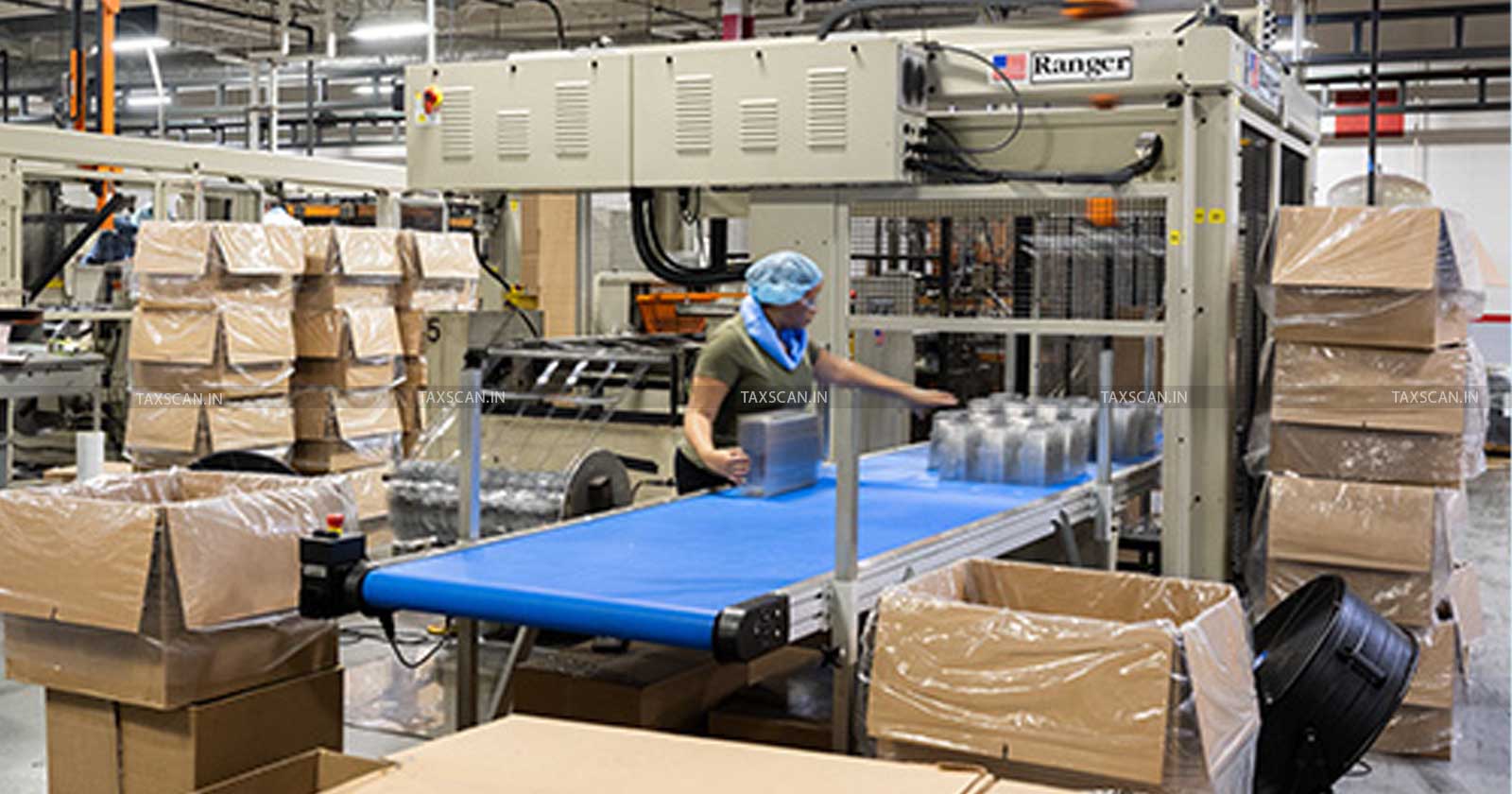Dilution and Repacking of Seaweed Extract Not Amounting to Manufacture: CESTAT Holds Excise Demand Unsustainable [Read Order]
CESTAT held that dilution and repacking of seaweed extract does not constitute manufacture under excise law, and therefore the duty demands cannot stand.
![Dilution and Repacking of Seaweed Extract Not Amounting to Manufacture: CESTAT Holds Excise Demand Unsustainable [Read Order] Dilution and Repacking of Seaweed Extract Not Amounting to Manufacture: CESTAT Holds Excise Demand Unsustainable [Read Order]](https://images.taxscan.in/h-upload/2025/11/25/2107791-seaweed-extract-not-amounting-to-manufacture-cestat-taxscan.webp)
Excise demand quashed as CESTAT rules seaweed dilution no manufacture
The Chandigarh Bench of the Customs, Excise and Service Tax Appellate Tribunal (CESTAT) allowed the appeals filed by Dhanuka Agritech Ltd., holding that the process of dilution and repacking of seaweed extract used for producing its bio-stimulant “Dhanzyme” does not amount to manufacture, rendering the excise duty demand unsustainable.
The dispute began when the department issued Show Cause Notices (SCN) alleging that the appellant had manufactured “Dhanzyme” classifiable under Chapter 31 of the Central Excise Tariff and had cleared the same without payment of duty.
The adjudicating authority confirmed the duty demand, holding that dilution of imported seaweed extract and packing it in plastic bottles of 100 ml, 250 ml, and 500 ml amounted to manufacture.
The appellant contented by submitting that the imported seaweed extract was only diluted with water and stabilizers to make it usable as a plant growth regulator, and such activity did not bring into existence a new, distinct, or marketable commodity.
 Also Read:Packaging Activity Amounts To ‘Manufacturing’, Service Tax Not Payable: CESTAT [Read Order]
Also Read:Packaging Activity Amounts To ‘Manufacturing’, Service Tax Not Payable: CESTAT [Read Order]
The Commissioner (Appeals), however, upheld the adjudicating authority’s order and sustained the duty demand. Aggrieved, the appellant approached the Tribunal.
Before the Tribunal, the appellant reiterated that the department had not produced any evidence, holding that no manufacture was involved in the process. They pointed out that the Tribunal, in the appellant’s own cases, had consistently held that mere dilution and repacking of the seaweed extract does not satisfy the test of manufacture under Section 2(f) of the Central Excise Act, 1944.
The Bench Comprising S.S. Garg (Judicial Member) and P. Anjani Kumar (Technical Member) examined the earlier CESTAT orders and noted that in the appellant’s own case, the Tribunal had categorically held that no new product with a different name, character, or use emerges from the dilution process. The department had accepted this finding, and the decision was also upheld by the Supreme Court, leaving no room for re-agitation of the same issue.
The Tribunal further observed that once it is held that the activity does not amount to manufacture, as excise duty can be levied only on goods that are manufactured.
 Also Read:Customs Duty Exemption on Fertilizer Import: CESTAT Remands case for Proper Interpretation of Notification on Tata Chemicals’ Claim [Read Order]
Also Read:Customs Duty Exemption on Fertilizer Import: CESTAT Remands case for Proper Interpretation of Notification on Tata Chemicals’ Claim [Read Order]
Having found that the issue was squarely covered by the earlier judicial findings in the appellant’s favour, the Tribunal held that the duty demands were unsustainable in law.
Complete Supreme Court Judgment on GST from 2017 to 2024 with Free E-Book Access, Click here
Accordingly, the CESTAT set aside the impugned orders, allowed the appeals, and held that the dilution and repacking of seaweed extract does not amount to manufacture for the purposes of levy of excise duty.
The Appellant was represented by Krati Singh and Shri Aman Singh, while Siddharth Jaiswal and Amita Gupta appeared for the Revenue.
Support our journalism by subscribing to Taxscan premium. Follow us on Telegram for quick updates


